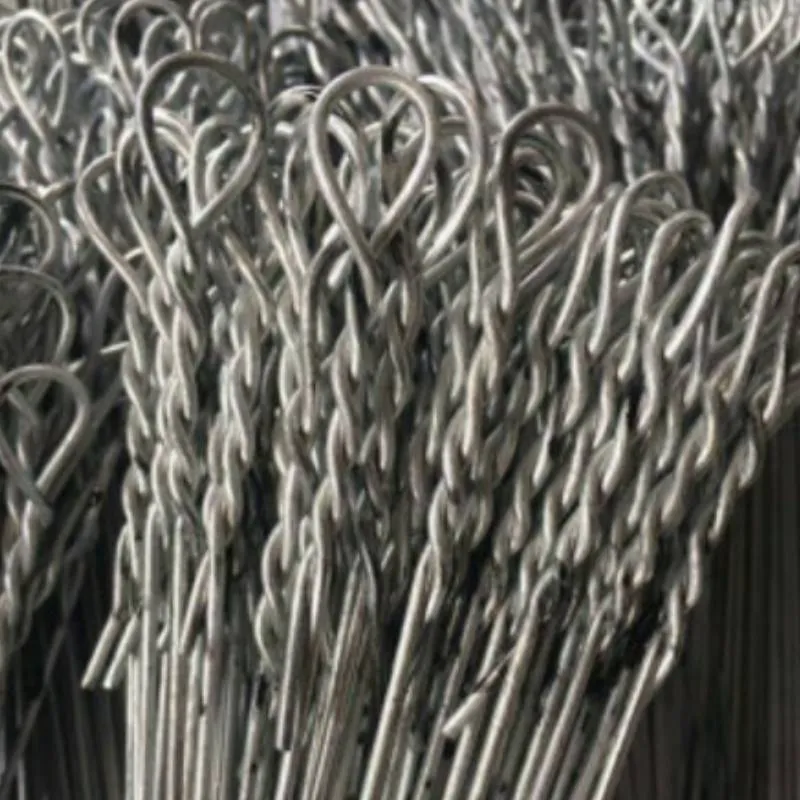-
 Phone:
Phone: -
 Email:
Email:

pvc electric wire
Understanding PVC Electric Wire Features, Benefits, and Applications
PVC electric wire is an essential component in various electrical installations, widely used due to its versatility, durability, and cost-effectiveness. PVC, or polyvinyl chloride, is a synthetic plastic polymer that is notable for its resistance to environmental degradation, making it an excellent choice for electrical insulation. This article will explore the features, benefits, and applications of PVC electric wire, providing a comprehensive overview for both professionals and DIY enthusiasts.
Features of PVC Electric Wire
1. Insulation Properties PVC wire is renowned for its excellent insulating properties. It can withstand high voltages, effectively preventing electrical currents from escaping the conductor. This insulation minimizes the risk of electric shocks and short circuits, enhancing overall safety in electrical systems.
2. Temperature Resistance PVC electric wire is designed to perform well across a wide range of temperatures. Typically, it can handle temperatures up to 70°C (158°F); however, specialized variants can endure higher temperatures. This makes it suitable for both indoor and outdoor applications where environmental conditions may vary.
3. Flexibility One of the significant advantages of PVC wire is its flexibility. This makes it easy to install in tight spaces and complicated configurations, allowing for efficient routing in electrical projects. Electricians and technicians appreciate this flexibility as it simplifies the installation process.
4. Chemical Resistance PVC is resistant to many chemicals and corrosive substances. This property is particularly beneficial in industrial settings where exposure to oils, solvents, and other hazardous materials is common. The chemical resistance of PVC wire helps prolong its lifespan and reduces maintenance costs.
5. Fire Retardancy While PVC itself is not inherently fireproof, many manufacturers incorporate flame-retardant additives into PVC electric wire to enhance its fire safety. This feature reduces the risk of flames spreading in the event of an electrical fault, making it a safer choice for residential and commercial wiring.
Benefits of Using PVC Electric Wire
pvc electric wire

1. Cost-Effective PVC electric wire is generally less expensive than other types of insulated wire, making it an economical choice for both large-scale electrical installations and more modest residential wiring projects. Its longevity further contributes to cost savings over time, due to fewer replacements and repairs.
2. Wide Availability PVC wire is widely available in various gauges and configurations, catering to different electrical needs. This availability ensures that electricians can easily find the right wire for any project, streamlining the construction or renovation process.
3. Ease of Handling The lightweight nature of PVC wires makes them easy to handle and install. Electricians can transport them without difficulty, contributing to a more efficient workflow on job sites.
4. Recyclability As environmental awareness grows, choosing materials that can be recycled has become increasingly important. PVC, while not biodegradable, can be recycled and repurposed, making it a more environmentally friendly option compared to other materials.
Applications of PVC Electric Wire
PVC electric wire finds application in numerous settings
- Residential Wiring Homeowners often use PVC wire for lighting fixtures, outlets, and appliance connections due to its safety features and flexibility. - Commercial Buildings In offices and retail environments, PVC wire is utilized for powering computers, lighting, and various electrical systems. - Industrial Use Factories and industrial plants employ PVC wire for machinery and equipment, benefiting from its chemical resistance and durability. - Automotive The automotive industry uses PVC wire harnesses and connectors, taking advantage of its flexibility and resistance to heat and chemicals.
Conclusion
In conclusion, PVC electric wire is an indispensable resource in the electrical industry. Its unique features such as excellent insulation, flexibility, and cost-effectiveness make it a popular choice for various applications. Whether in residential, commercial, or industrial settings, the advantages of PVC wire cannot be overstated. As technology and materials continue to evolve, PVC electric wire will likely remain a staple in electrical installations, ensuring safety and efficiency in our everyday lives.
-
Wire Mesh for Every Need: A Practical SolutionNewsJul.25,2025
-
Steel Fences: Durable, Secure, and Stylish OptionsNewsJul.25,2025
-
Roll Top Fencing: A Smart Solution for Safety and SecurityNewsJul.25,2025
-
Cattle Farm Fencing Solutions for Maximum SecurityNewsJul.25,2025
-
Affordable Iron Binding Wire SolutionsNewsJul.25,2025
-
Affordable Galvanized Wire SolutionsNewsJul.25,2025
-
Wire Hanger Recycling IdeasNewsJul.25,2025








